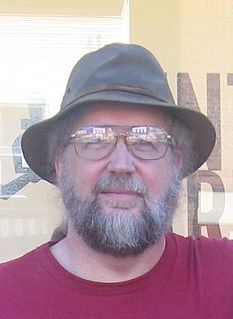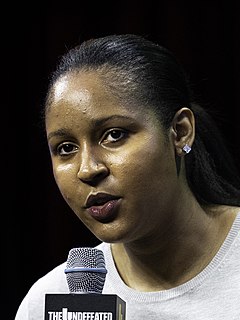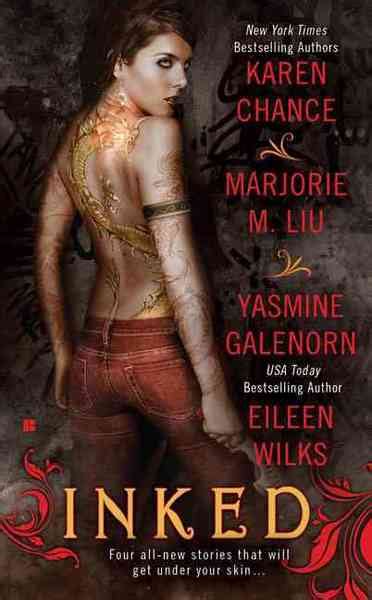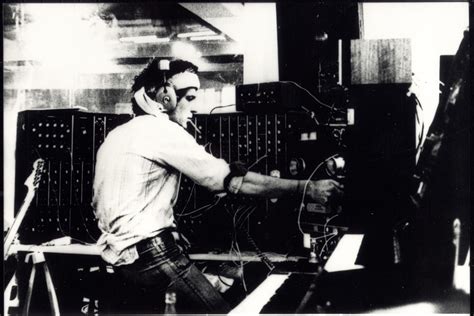A Quote by Stan Lee
I had a publisher who felt comics were just for little kiddies, so he never wanted me to use words of more than two syllables.
Related Quotes
From 1940 to about 1960, I had been writing just regular comics, the way my publishers wanted me too. He didn't want me to use words of more than two syllables if I could help it. He didn't want me to waste time on worrying about good dialogue or characterization. Just give me a lot of action, lot of fight scenes.
When you showed someone how you felt, it was fresh and honest. When you told someone how you felt, there might be nothing behind the words but habit or expectation. Those three words were what everyone used; simple syllables couldn't contain something as rare as what I felt for Sean. I wanted him to feel what I felt when I was with him: that incredible combination of comfort, decadence, and wonder; the knowledge that, with just a single taste of him, I was addicted.
We live and breathe words. .... It was books that made me feel that perhaps I was not completely alone. They could be honest with me, and I with them. Reading your words, what you wrote, how you were lonely sometimes and afraid, but always brave; the way you saw the world, its colors and textures and sounds, I felt-I felt the way you thought, hoped, felt, dreamt. I felt I was dreaming and thinking and feeling with you. I dreamed what you dreamed, wanted what you wanted-and then I realized that truly I just wanted you
I wasn't sure what I wanted to do with my life. I always wanted to pursue either music or comics, so when the opportunity came from comics publisher Fantagraphics for my brothers Jaime and Mario and I to make a comic book together, we jumped at the chance: "Let's just do it and see what happens." Really, we weren't sure where we were going to go with it. We thought our work was good enough to be out there, but we didn't know that the response was going to be pretty good, pretty quick.
I didn't like what was on TV in terms of sitcoms?it had nothing to do with the color of them?I just didn't like any of them. I saw little kids, let's say 6 or 7 years old, white kids, black kids. And the way they were addressing the father or the mother, the writers had turned things around, so the little children were smarter than the parent or the caregiver. They were just not funny to me. I felt that it was manipulative and the audience was looking at something that had no responsibility to the family.
The difference between ordinary and extra-ordinary is so often just simply that little word - extra. And for me, I had always grown up with the belief that if someone succeeds it is because they are brilliant or talented or just better than me... and the more of these words I heard the smaller I always felt! But the truth is often very different... and for me to learn that ordinary me can achieve something extra-ordinary by giving that little bit extra, when everyone else gives up, meant the world to me and I really clung to it.
I felt I had nothing more to say. Everything would have had to be a replay of the previous two or three albums, and that decided me to stop. What bothered me most was not playing guitar at all anymore. I felt I had no more contact with the instrument. It was just a piece of wood to me. I even thought music had definitely left me. After fourteen albums, there may be an overload phase, a sort of lassitude.



































